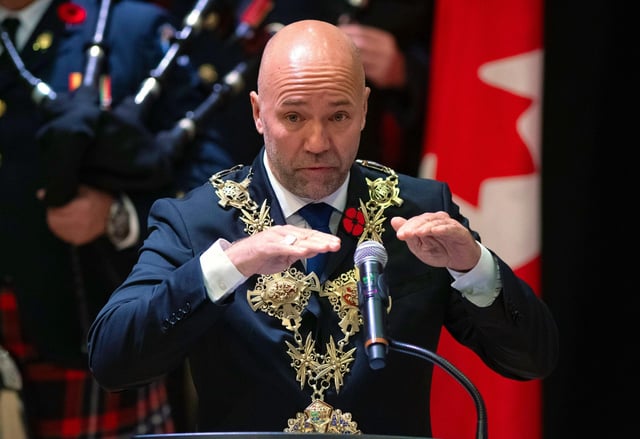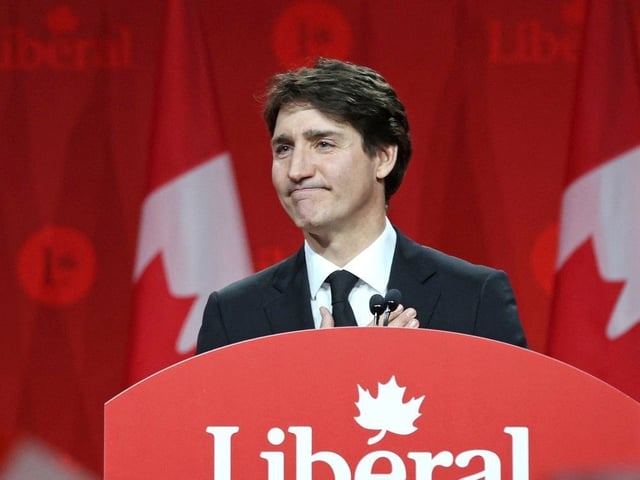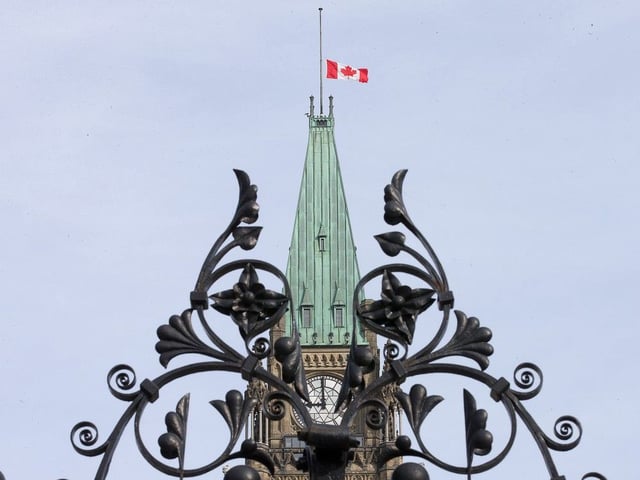Overview
- Justin Trudeau will collect two taxpayer-funded pensions, totaling $8.4 million, with payouts starting at age 55 for his MP service and age 67 for his tenure as prime minister.
- Trudeau is also entitled to a one-time severance payment of $104,900 after stepping down as an MP and prime minister earlier this year.
- The Canadian Taxpayers Federation released calculations revealing that departing MPs will collectively receive $5 million annually in pensions and $6.6 million in severance payments.
- Pension eligibility requires six years of service, with payouts beginning at age 55, while MPs who do not meet this threshold receive severance equal to half their annual salary.
- Advocates are calling for reforms to eliminate dual pensions for future prime ministers and to reduce the financial burden of political compensation on taxpayers.



